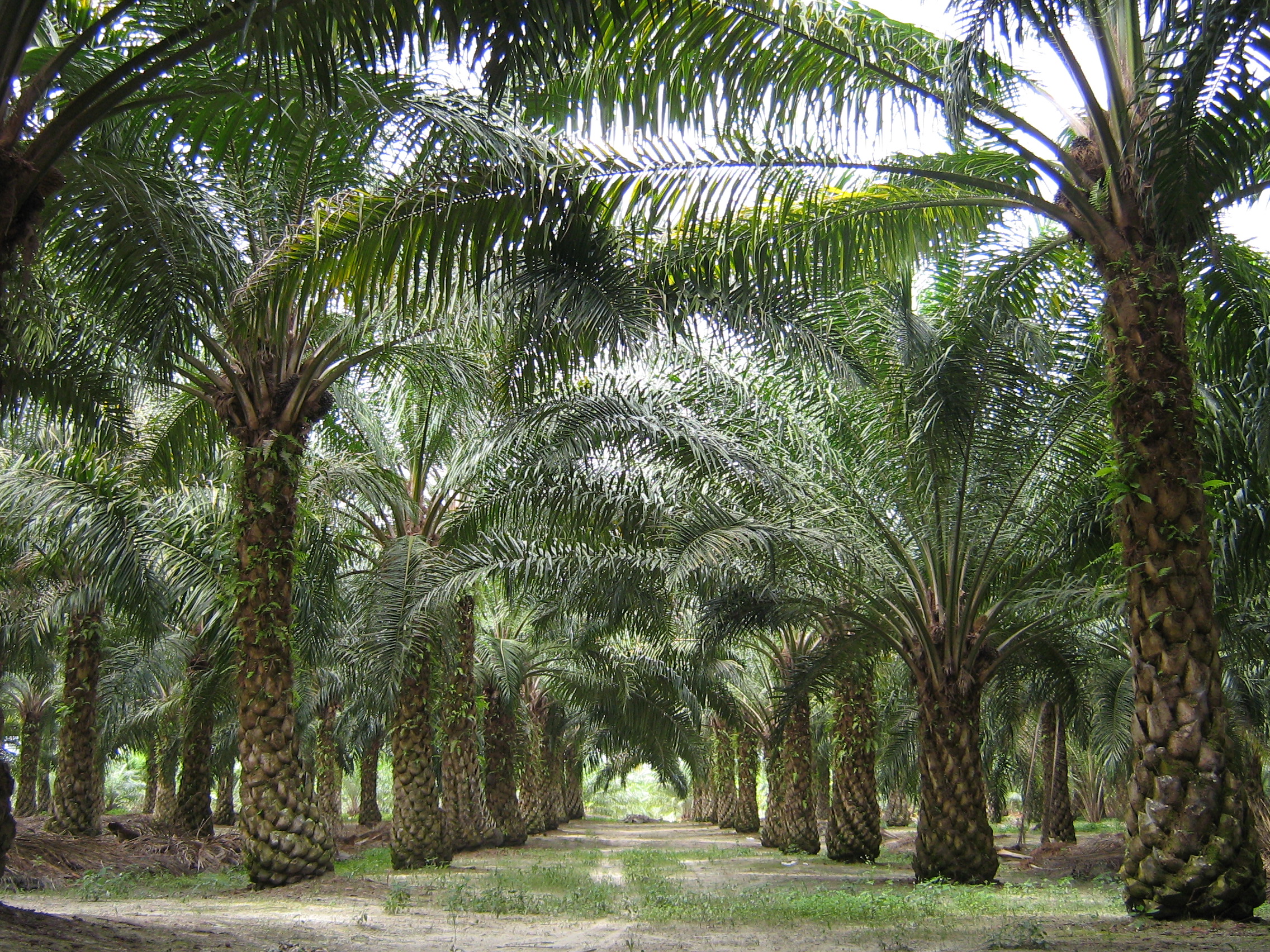Palm oil – you may know a lot about it, you may know nothing at all. For those of you who know very little about palm oil, I was in your shoes not long ago, and was shocked to discover how pervasive a product that I’d never heard of could be.
Palm oil is more productive to farm than most other vegetable oils, since it produces a higher yield of crop at a lower cost. As a result, palm oil is in high demand, and can be found in packaged products across the United States, such as “lipsticks, soaps, detergents, and even ice cream.”
The issue with the products’ spreading popularity? It is wreaking havoc on the communities in which it is farmed, ecosystems that are home to endangered species as well as human civilizations. In order to implement palm oil plantations, large areas of tropical forests with high conservation values are being cleared, and even national parks are being illegally affected. These are not the only negative impacts the palm oil industry is having; air pollution, soil and water pollution, and soil erosion are also on the hit list. So what can we as individuals do?
First, do some research – there are ways to farm palm oil sustainably (i.e. without harming the environment). Groups like the Roundtable on Sustainable Palm Oil are working to reduce the number of illegal and harmful palm oil plantations out there. Second, educate yourself – how do unsustainable palm oil practices relate to your life? Third, buy smarter – discover what products that are on shelves do/don’t farm palm oil sustainably, so that your beliefs can be reflected in your product purchases. While these are baby steps, they are small ways you can work towards making a big difference.
Written by Teddi Shapiro, class of 2019

